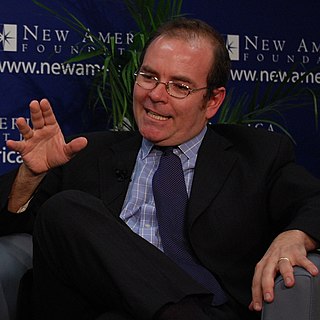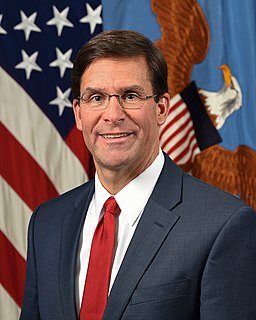A Quote by Aaron Koblin
As we get more transparent with data sets about infrastructure and systems management, I have a feeling we'll see big changes in how we think about complexity and our relationship to our actions.
Related Quotes
We get more data about people than any other data company gets about people, about anything - and it's not even close. We're looking at what you know, what you don't know, how you learn best. The big difference between us and other big data companies is that we're not ever marketing your data to a third party for any reason.
One can expect the human race to continue attempting systems just within or just beyond our reach; and software systems are perhaps the most intricate and complex of man's handiworks. The management of this complex craft will demand our best use of new languages and systems, our best adaptation of proven engineering management methods, liberal doses of common sense, and a God-given humility to recognize our fallibility and limitations.
Perhaps generations of students of human evolution, including myself, have been flailing about in the dark; that our data base is too sparse, too slippery, for it to be able to mold our theories. Rather the theories are more statements about us and ideology than about the past. Paleontology reveals more about how humans view themselves than it does about how humans came about, but that is heresy.
Our relationship with food - how, when, what and why we eat - is a direct expression of our underlying feelings, thoughts and beliefs about ourselves. It has to do with stances we take that get reflected not only in our relationship with food, but in all our relationships. It just so happens that the relationship with food causes enough conflict, grief, shame and hurt that we’re willing to look at it.
Our conduct has a direct influence on how people think about the gospel. The world doesn't judge us by our theology; the world judges us by our behavior. People don't necessarily want to know what we believe about the Bible. They want to see if what we believe makes a difference in our lives. Our actions either bring glory to God or misrepresent His truth.
I find, the older I get, the more surprised I am about how hesitant people are to say what they really want, what they really dream about, what really drives them. It's as if sometimes we're sort of embarrassed, as we get older, to be transparent about that. But you save so much time if you're transparent about what you want.
I think it's going to open up a wider place for a discussion about we ought to come together in our churches, in our neighborhoods, in our work places, in our clubs and our networks. I think it'll be more acceptable to talk about it. We'll see what happens. It'll take some time. But I think it will.
EMA research evidences strong and growing interest in leveraging log data across multiple infrastructure planning and operations management use cases. But to fully realize the potential complementary value of unstructured log data, it must be aligned and integrated with structured management data, and manual analysis must be replaced with automated approaches. By combining the RapidEngines capabilities with its existing solution, SevOne will be the first to truly integrate log data into an enterprise-class, carrier-grade performance management system.
There is a race between the increasing complexity of the systems we build and our ability to develop intellectual tools for understanding their complexity. If the race is won by our tools, then systems will eventually become easier to use and more reliable. If not, they will continue to become harder to use and less reliable for all but a relatively small set of common tasks. Given how hard thinking is, if those intellectual tools are to succeed, they will have to substitute calculation for thought.








































